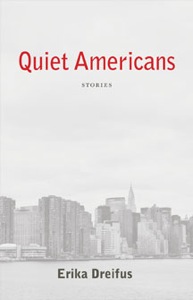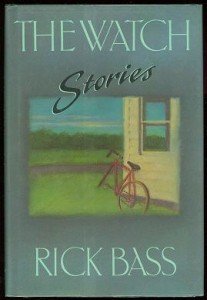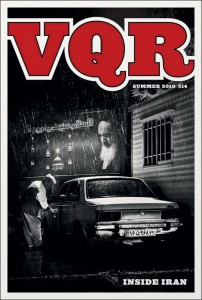Mishpocha and Beyond: An Interview with Erika Dreifus
by Anne Stameshkin
In conversation with Anne Stameshkin, debut author Erika Dreifus shares true stories that inspired her collection, Quiet Americans; wonders when it’s kosher for authors to write characters from backgrounds they don’t share; explores how reviewing books makes us better fiction writers; and recommends favorite novels and collections by 21st-century Jewish authors.































